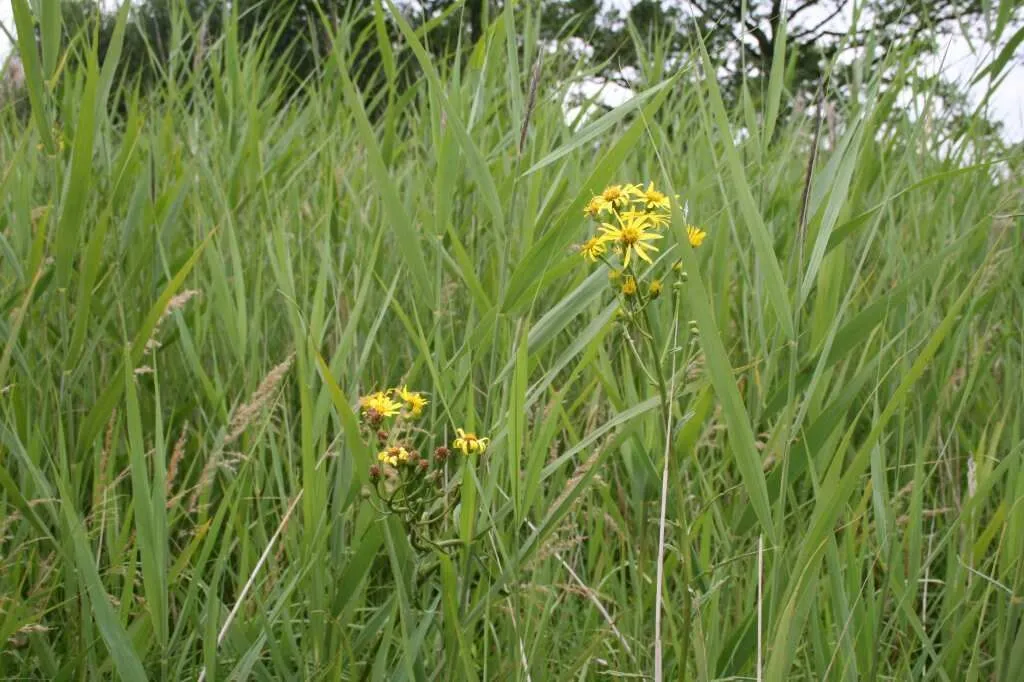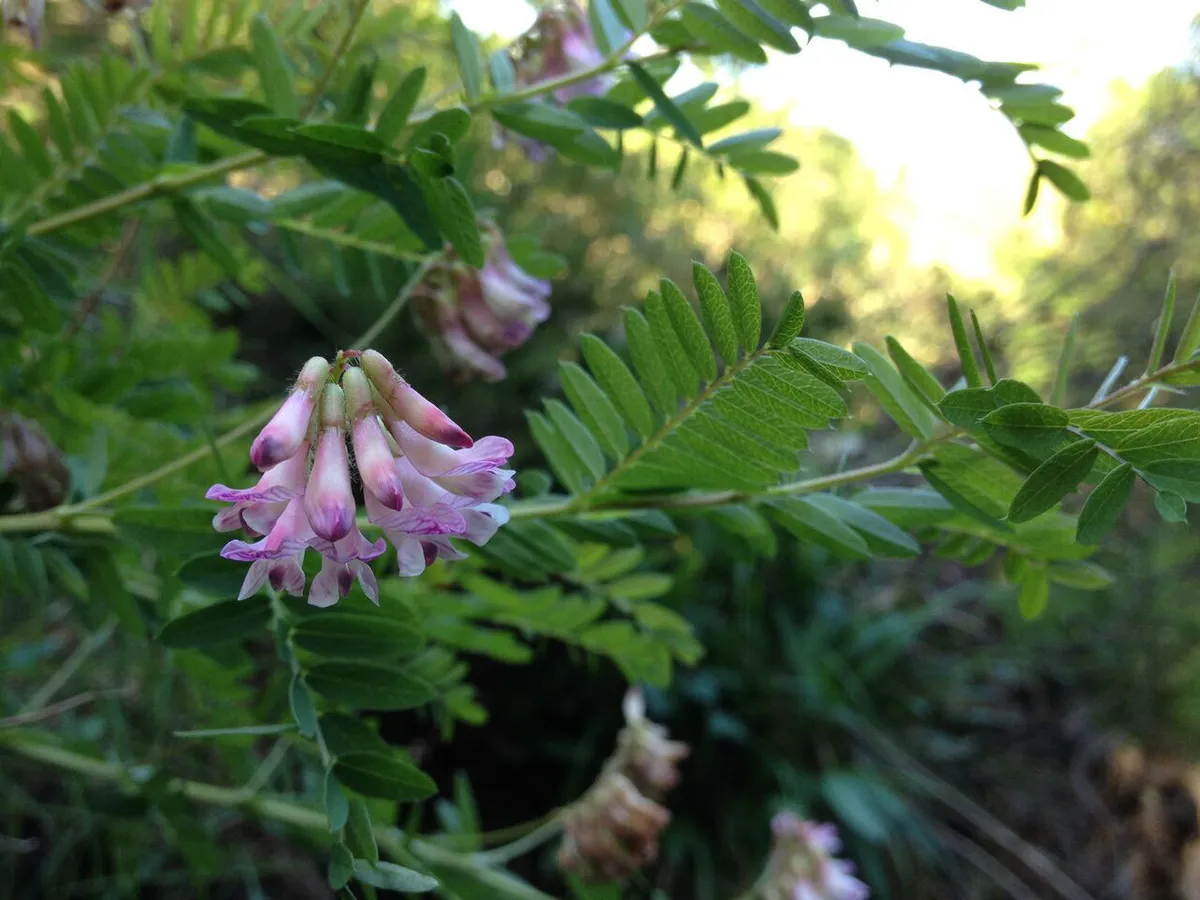According to a new report by conservation charity Plantlife, the UK’s road verges are home to more than 700 species of wild plants, with 12% now at threat of extinction. The top 10 threatened plants growing on Britain's road verges include rare species, such as fen ragwort, spiked rampion, crested cow-wheat and wood calamint.
Many roadside verges were once ancient hay meadows or grasslands and support not only a wide range of flora, but also a wide variety of wildlife, which use the verges as a corridor network to avoid roads and valuable feeding ground.

One of Britain’s rarest plants, the fen ragwort once thrived in the wet, lime-rich fens of East Anglia and through Cambridgeshire, Lincolnshire, Norfolk and Suffolk. However, drainage of many fenland sites caused the species to rapidly decline and today the only native plant can be found in a roadside drainage ditch beside the A142 near Ely in Cambridgeshire, where while it is a protected species can often be found buried under plastic cups and waste.
In an attempt to save the species, conservationists have taken seed from the plant and reintroduced it to several former fenland sites, where it has survived for over 20 years at one of them.
The study also found that many plant species have suffered following changes in how meadows, grasslands and woodlands are managed over the last 60 years, including flood management. While previously commonplace meadow species such as sulphur clover, crested cow-wheat and wood bitter-vetch are now more commonly spotted in roadside verges.

Better management of verges is critical if these species are to avoid extinction, says Plantlife's Botanical Specialist, Trevor Dines.
"For too long road verges have been thought of as dull, inconsequential places that flash by in the wing mirror. But these findings underline just how fundamental verges are to the health of wildflowers and the wildlife they support.
" Some exceptionally rare plants including fen ragwort and wood calamint are only hanging on thanks to the existence of some remaining well-managed verges. But we must not get complacent - only genuine management for nature will safeguard these and other plants from extinction."

Other plants that the study found to be restricted to roadside locations, include crested cow-wheat and wood calamint, which have suffered habitat reduction where the management of woodlands by coppicing methods decreased and canopies thickened. The denser shade on the forest floor meant these once abundant woodland plants are now limited to areas of dappled light; and roadsides provided just that. Other wildflowers such as Yarrow broomrape and Welsh groundsel are unable to set seed due to the increasingly early mowing of banks and verges.
Simple management techniques could help protect roadside biodiversity, says Dr Dines, as he urged councils to make changes to verge management plans, such as mowing later in the year and using natural lawnmowers, such as the semi-parasitic yellow rattle, to maintain local roadsides.
He said: "Vibrant verges are an oasis of colour in an increasingly grey landscape and they can contribute to our health and wellbeing. For the 23 million people who commute to work by road the verge is their only daily contact with nature. The procession of colour from bluebells to knapweed through the year brightens our days, keep us in touch with the changing seasons and provide us with a real sense of place."
What can you do?
Get involved by signing Plantlife’s Petition to protect wildflowers and nature on roadside verges, promoting guidelines such as the removal of grass cuttings and allowing flowers to reach the end of their reproductive cycle before moving verges.
Sign the petition and read more at: http://plantlife.love-wildflowers.org.uk/roadvergecampaign2016
Read the full report from Plantlife, here.
